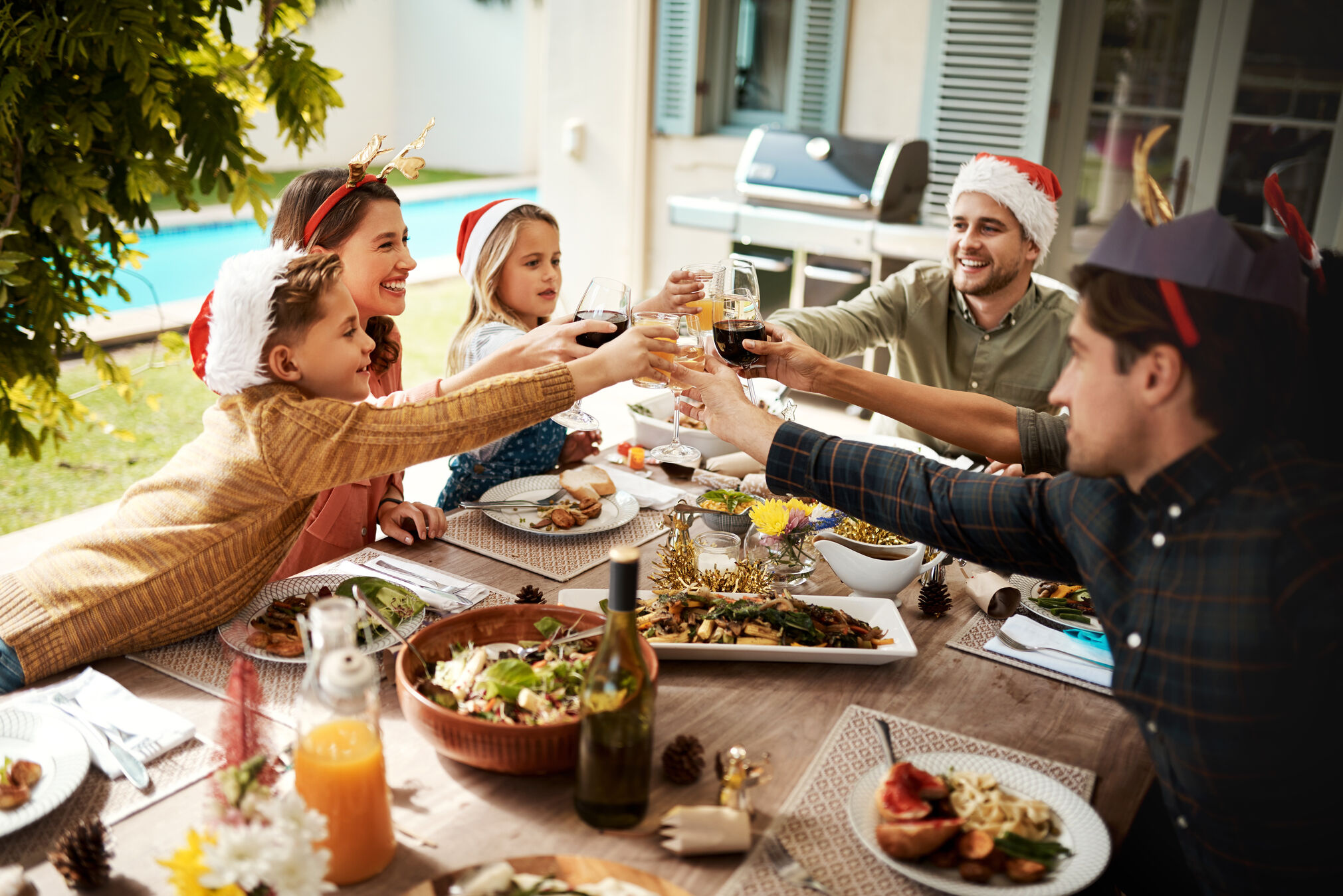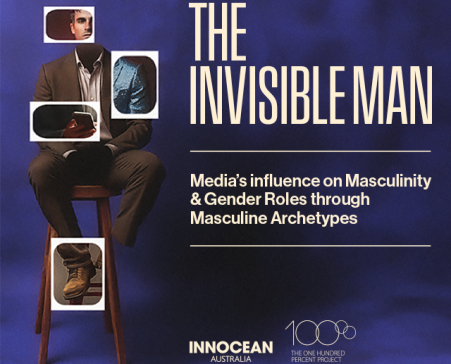Diversity of Thought Blog
Is It Choice or Expectation? Unpacking Gender Stereotypes for the 2024 Australian Festive Period

As the Holiday Season draws near, the air fills with excitement—and expectations. Yet, behind the twinkling lights and festive spirit lies a powerful undercurrent of gendered roles that subtly shape how we celebrate. From preparing meals to maintaining traditions, many of the roles associated with the Australian holiday season are still dictated by outdated stereotypes. But as we move into 2025, it’s time to ask: Is this really our choice, or are we simply conforming to tradition?
Women and the Christmas Meal: From Expectation to Shared Effort
The Christmas feast is one of the most anticipated parts of the holiday, but for many cis women, it’s also a heavy responsibility. Year after year, they find themselves in the kitchen, orchestrating the meal while others, often just as capable, look on. This expectation that women must cook and serve the Christmas meal needs to shift.
Rather than one person shouldering the burden, let’s reframe this tradition to a communal effort. Everyone —regardless of gender — should share in the task, whether planning, shopping, preparing, or serving. This collective approach reflects the true spirit of giving and hospitality. And spiritually speaking, isn’t Christmas about sharing in the joys of togetherness?
The BBQ and the Male Tradition: A New Paradigm for Outdoor Cooking
When it comes to Festive barbecues, men are typically expected to take charge. The image of a man standing over a grill, beer in hand, has become synonymous with holiday gatherings. But why does outdoor cooking remain firmly entrenched in male hands?
Let’s break that tradition. Barbecuing, like cooking indoors, should be a shared responsibility. Women can take the reins, or families can make it a group activity, where both men and women participate equally.
The real joy of the BBQ comes not from who’s at the grill but from the fellowship and shared responsibility that comes with it. This embodies the true spirit of communal love and connection, central to the Christmas message.
Decorating the Home: Beyond Gendered Expectations
Who decorates the house for the Holidays? Often, it’s women who are tasked with making the home festive, ensuring every ornament is placed perfectly. But why is decorating relegated to one gender?
This year, let’s reframe Festive Decorations as a family activity where everyone gets involved. Creating beauty in the home should be a shared expression of love and joy, not an obligation placed on one person.
Spiritually, decorating can be seen as welcoming the light and warmth of the season, a symbol of inviting love into the home, regardless of who puts up the lights or hangs the wreath.
Men, Festive Parties, and Shared Hospitality
Hosting a Festive party is often seen as a masculine role — men are expected to be the life of the party, organising social gatherings and ensuring everyone is having a good time. But why should hosting and creating a warm, inclusive environment be the sole responsibility of one gender?
Let’s embrace a model of shared hospitality. Both partners and family members should contribute equally to hosting, whether preparing food, setting the mood, or simply welcoming guests with warmth and kindness. The true essence of the holiday is unity and sharing in blessings, and this can be more deeply felt when the responsibility is shared.
Equal Parenting During the Holiday Celebrations
Caregiving during the Holiday celebrations is traditionally seen as women’s work. Women often find themselves juggling meal prep, gift-wrapping, and managing family relationships, all while caring for children. However, caregiving should not fall solely on the shoulders of one person.
It’s time for both men and women to equally participate in caring for children during the holidays. After all, nurturing the next generation is a shared responsibility. When parents work together to care for their children, they not only ease the burden but set an example of cooperation, compassion, and equality.
Finances, Gifts, and Equal Contribution
The expectation that men must bear the financial weight of the Festive period—covering gifts, meals, and events — reinforces outdated gender roles. However, financial contributions should be shared responsibility based on each individual’s means and preferences.
This Holiday Season, let’s teach the importance of stewardship and equality. Men and women should come together to ensure that gifts, meals, and celebrations are not about fulfilling a gendered expectation but about generosity and love for those they cherish.
Wrapping Gifts and the Pressure of Perfection
Wrapping gifts is often viewed as a task for women, and there’s a societal expectation that gifts should look “perfect” when presented. But the act of giving should not be reduced to aesthetics.
Instead, let’s focus on the thought behind the gift. Let wrapping gifts become a shared activity where everyone takes part in preparing their presents for loved ones. In faith, this aligns with the concept of giving with love, not perfection. The true gift is in the thought, effort, and love that goes into it, not how perfectly the paper is folded.
Breaking the Mold for a More Inclusive Festive Season
As we navigate through the traditional gender roles that still pervade our Festive celebrations, it’s clear that we must move towards a more equal, inclusive approach. The holidays should not be defined by gendered expectations but by collective participation, shared responsibility, and the celebration of love, unity, and generosity.
Reframing these expectations isn’t just a way to lighten the load for one group over another — it’s about building a deeper, more meaningful connection with one another. As we approach the 2024 festive period, let’s make this Holiday Season about shared responsibility and celebrate the season’s true meaning: love, togetherness and 100% equality.
Challenging Traditions: Building Equality Beyond the Holidays
As we rethink traditions and challenge outdated gender stereotypes this festive season, we encourage you to continue the conversation on equality in all aspects of life. For a deeper dive into how workplace dynamics can shape family roles, we invite you to download Breaking Dad, our research on how psychological safety in the workplace enables men to take parental leave and work flexibly. By exploring these insights, we can collectively work towards more balanced and inclusive practices year-round, not just during the holidays.. Together, let’s create a future where equality is celebrated every day.

